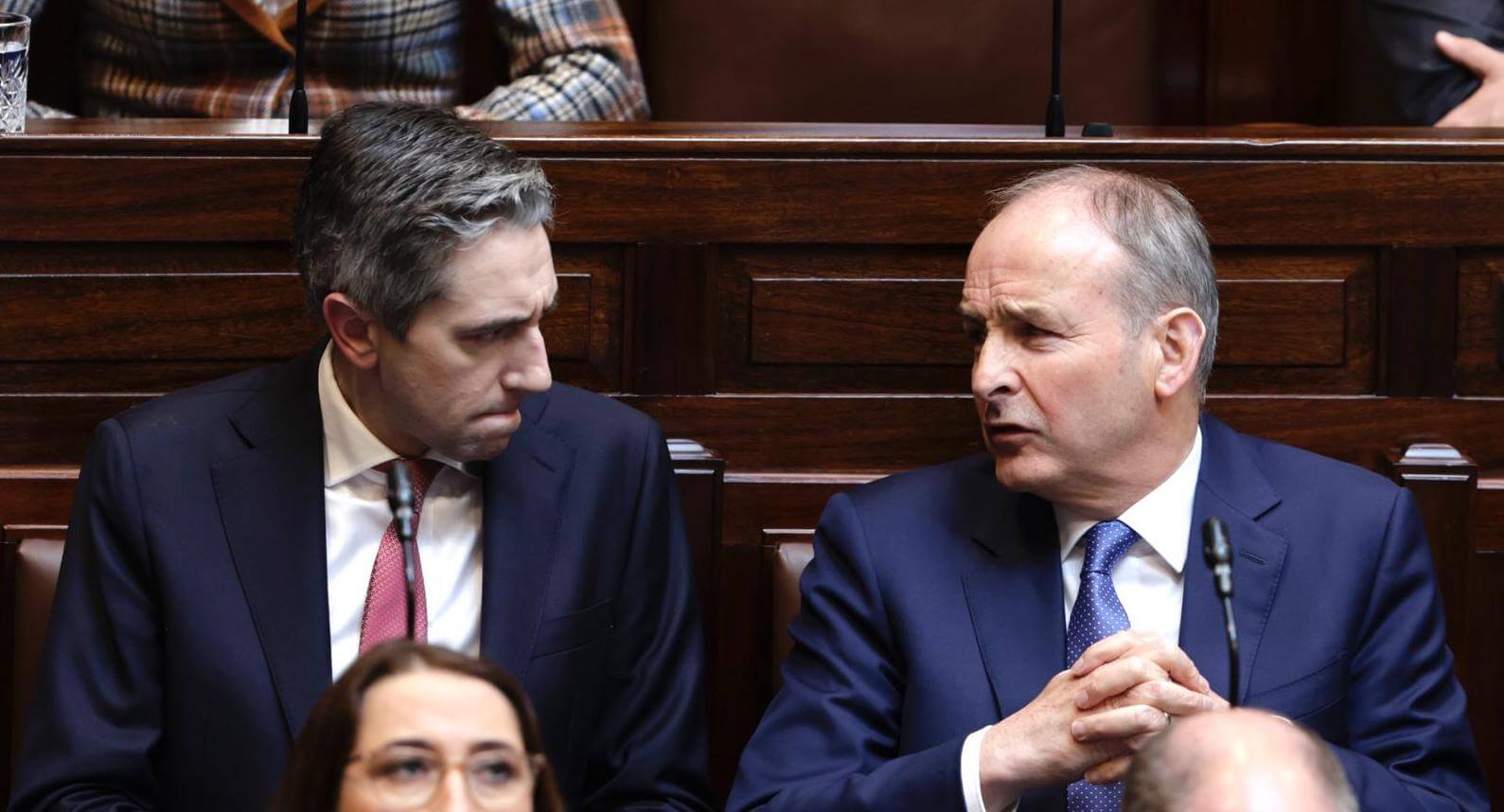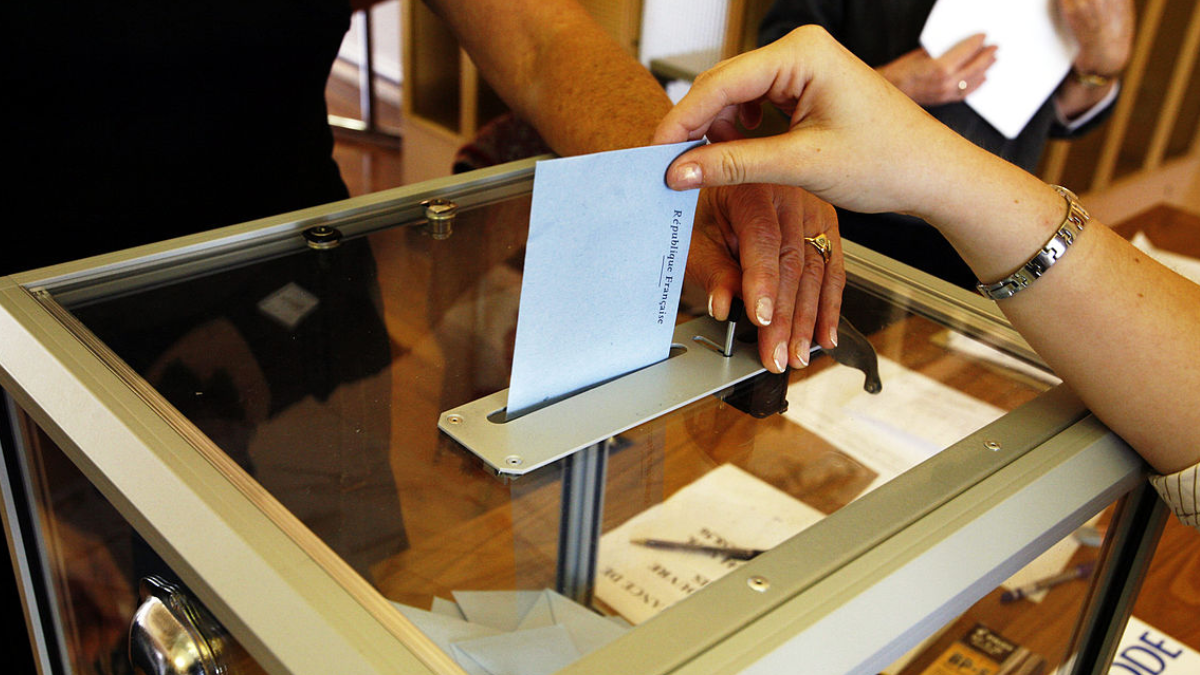Georgia’s October election plunged the nation into a political and geopolitical crisis, raising questions about its democratic trajectory, relations with the West, and the future of NATO and EU influence in the Black Sea and Caucasus region. The ruling Georgian Dream Party’s controversial decision to halt EU accession talks has sparked mass protests, accusations of election fraud, and growing international scrutiny.
This political upheaval, against the backdrop of Georgia’s strategic location and longstanding aspiration for European-Atlantic integration, has far-reaching implications not only for its 3.7 million citizens but also for the stability of the region.
EU aspirations in crisis
The Georgian Dream Party, led by Prime Minister Irakli Kobakhidze, has justified freezing the EU membership talks by accusing Brussels of ‘blackmail’. EU membership is overwhelmingly popular amongst Georgians and enshrined in the country’s Constitution as a national objective. As a result, the backlash was immediate, with tens of thousands protesting in Tbilisi to demand resumption of EU talks.In addition, the party’s Interior Minister resigned amid criticism of his handling of the protests. Initially citing ‘family reasons’, he later expressed solidarity with the demonstrators, posting emojis of the Georgian and EU flag on his personal social media. His resignation underlines the deep divisions within the ruling party and hints at mounting internal dissent as the party assesses its future path.
The Opposition, led by pro-Western, President Salome Zourabichvili and four other parties, has declared the Government illegitimate, citing allegations of widespread election fraud and unconstitutional behaviour. These claims raise an urgent question about whether the West should investigate these allegations, and if proven, whether it may sanction or diplomatically isolate the Government.
The Black Sea’s strategic significance
Georgia’s political turmoil extends beyond its borders, directly impacting the Black Sea region – a critical area for NATO and EU strategy. With Russia’s ongoing war in Ukraine, Georgia’s role as a democratic ally and NATO partner is more vital than ever. The US has already suspended its strategic partnerships with Georgia, signalling frustration with the Government’s backtracking on Western alignment.
The timing of this crisis is particularly concerning. Russia’s influence in Georgia, both overt and covert, continues to undermine its democratic institutions. Halting EU accession plays directly into Russia’s interests, weakening democracy in a region where it’s urgently needed. Should the West fail to act decisively, it risks not only losing Georgia but also sending a dangerous signal to other countries on the fringes of Europe, such as Moldova and Romania. Coordinated transatlantic pressure – including diplomatic measures, sanctions on Georgian officials, and intensified support for civil society – could counterbalance Russian influence and reaffirm the West’s commitment to democracy in the region.
What’s at stake for Georgians?
For the Georgian people, the stakes are monumental. EU membership is more than a political goal; it represents a pathway to stability, economic prosperity and the rule of law. The protests reflect a deep frustration with what many see as a betrayal of their aspirations.
If the Government’s legitimacy continues to be questioned, Georgia risks descending into prolonged instability. This would exacerbate economic challenges, deepen polarisation and potentially make the country more susceptible to Russian interference – it is worth remembering that two regions of its sovereign territory – Abkhazia and South Ossetia – are, in effect, Russian-occupied following the invasion of 2008.
For the EU, the crisis presents a test of its commitment to democracy. The bloc has already faced criticism for slow progress on Georgia’s membership application. To maintain credibility, the EU must navigate the crisis carefully, balancing pressure on the Government with support for Georgia’s pro-democracy movement. However, it must bear in mind that expediting this process will set a precedent – perhaps a dangerous one.
Democracy at a Crossroads
The 2024 Georgian elections highlight broader concerns about the resilience of democracy in eastern Europe. Since the Rose Revolution of 2003, Georgia has been a symbol of democratic hope in a region rife with authoritarianism. The current crisis, however, underlines how fragile those gains can be.
The West must act decisively, to protect democracy in Georgia. This means investigating election fraud allegations, supporting civil society, and leveraging diplomatic and economic tools to hold the Government accountable. Failure to do so could result in Georgia drifting further to authoritarianism and closer to Russia’s sphere of influence.
Georgia stands at a crossroads. The choice is not just between the East and West, but between democracy and autocracy, between integration and isolation. For the Georgian people, the stakes are clear: their future lies in Europe. The challenge for the West is to ensure that the vision remains attainable, preserving democracy not only in Georgia but across the Black Sea region.
This moment mandates decisive action to support democratic aspirations and counter authoritarian encroachment. What happens in Georgia will reverberate far beyond its borders, shaping the future of Europe and NATO’s eastern frontier.






